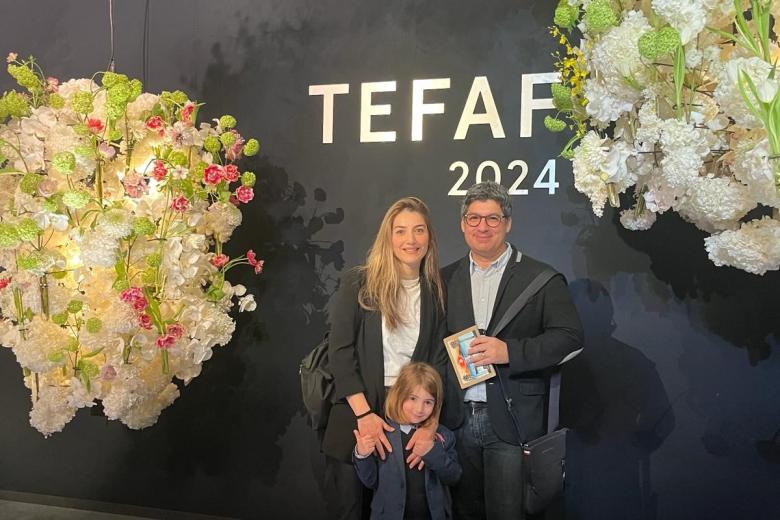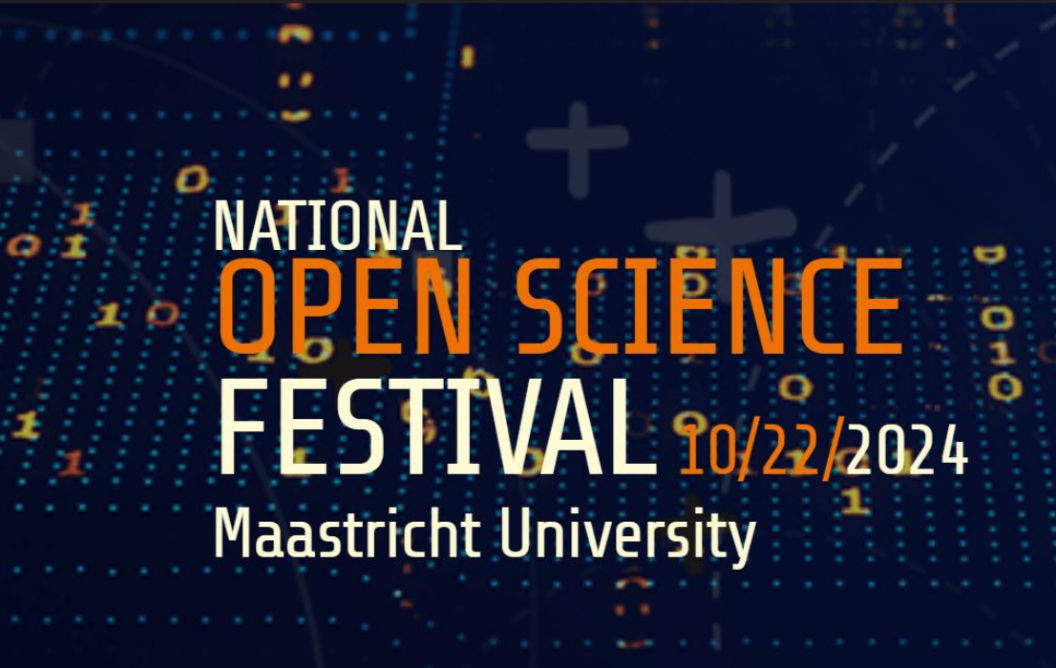What exactly is Open Science?
Maastricht University (UM) is at the forefront of a big cultural change in academia: Open Science. Its philosophy proposes openness about data, sources and methodology to make research more efficient and sustainable as well as bringing science into the public. UM has a thriving Open Science community. Dennie Hebels and Rianne Fijten talk about progress, the Open Science Festival and what researchers can do.
Open Science could be seen as a response to the reproducibility crisis, or to the sustainability issues of the academic rat race, or to problematic publishing structures, or to public distrust in science… there are many reasons to skin a cat. The core tenants of the version favoured by UM are FAIR data use – research data ought to be Findable, Accessible, Interoperable and Reusable – and Open Access, i.e. free online access to scientific information, such as publications and research data. UM is also on its way to implementing other Open Science themes, such as Recognition & Rewards, Preregistration and Open Educational Resources. The plans for those themes are explained in the Open Science policy published in 2022.
Transparency and impact
“There are many things researchers can do to apply Open Science in their work, but, effectively, it boils down to transparency and impact,” explains Maastricht University Library’s Open Science Officer Dennie Hebels, “so, transparency about how you do research and also about failures.”
He makes the point that publications in high impact factor journals are generally the result of proving exciting hypotheses but that, overall, it’s just as important to share with the world which hypotheses turn out to be false. The time and resources saved by not having competing research groups go down the same dead end are significant. Negative findings are still findings: someone has worked hard and they can still benefit other researchers.
Hebels is a former researcher who now focuses on data management and the implementation of UM’s new Open Science policy. He is convinced that being as transparent as possible – obviously accounting for privacy, intellectual copyright and the likes - about data, and presenting it in a reusable way, helps science as a whole and increases the impact of individual researchers tremendously.
Open Science, then, is more than a series of protocols: it’s an approach that comes with an idea of how science ought to be. “There is something toxic about the current landscape. I’m not against healthy competition but the incentive system we have is very problematic. The intense pressure to publish doesn’t make findings more reliable. From false positives to cherry-picking and eliminating outliers to outright fraud – it does not get the best out of people.”
Cultural shift
If science is a zero-sum game, where the winner – the first to publish – gets all the funding, then contributing to knowledge becomes a secondary consideration; in fact, any move towards Open Science would be effectively irrational. A new incentive structure is needed and Recognition & Rewards could play a role in this now. The national scheme judges scientists not only by scientific papers published and research grants acquired. Alternative measures include educational activities, leadership qualities, social impact as well as public engagement, i.e. involving society in research as would be the case with citizen science.
“We are already seeing a cultural shift: the journal impact factor is no longer seen as the ultimate measure of quality… There’s now more focus on things like citations or influence on policy.” Changing the prevalent dynamics and emancipating science from the existing structure of pressures will not be easy and, according to Hebels, can only happen incrementally. “Of course, it will cause friction. If the US and China don’t go along with it and continue to play the old game, then any move towards transparency and openness will be a competitive disadvantage.”
Hebels is positive though. “We have taken big strides: national funding bodies have embraced open access – they even make it a prerequisite to not only publish all the results but also the associated research data.” Taking this drive towards transparency to its logical conclusion is the idea of a ‘registered report’, i.e. to document and publish the process from the ideation stage onwards, regardless of the outcome of the study. “This way you can already have peer reviews to see if the setup makes sense, so before you start experiments and potentially waste time and money.”
“Any researcher can do something to make science a bit more open – all those little things together make a big difference and change the culture.”
Rianne FijtenVery good progress
Rianne Fijten is the founder of the Open Science Community Maastricht and, like most of its members, a researcher herself. She is more than happy with the progress she’s seeing. “UM is doing great! I’ve seen many improvements in my short career.” She learned about Open Science during an internship and started implementing some principles during her PhD. “At the time, it was often a struggle to make co-authors see the utility of publishing Open access. [A fee needs to be paid to the scientific journal to not hide the article behind a paywall.] Now I have a lot more freedom – and a really good boss, which also helps.”
Fijten understands that many researchers still see Open Science as an administrative burden: “All concerns are valid – let’s discuss and learn from one another. We want to have that conversation with people and suggest solutions.” She describes herself as an Open Science idealist but also points out that, beyond promoting scientific progress in general and contributing to a more sustainable research environment, “it also benefits you as a researcher. The data you share will be cited and your scientific reputation will increase.”
Open Science Community Maastricht (OSCM) is an initiative by researchers to promote Open Science and answer researchers’ questions. As part of their outreach activities, they organised the first local Open Science Festival in 2023. “It was a lot of work but I was really happy with the turnout and the level of interaction and participation!”
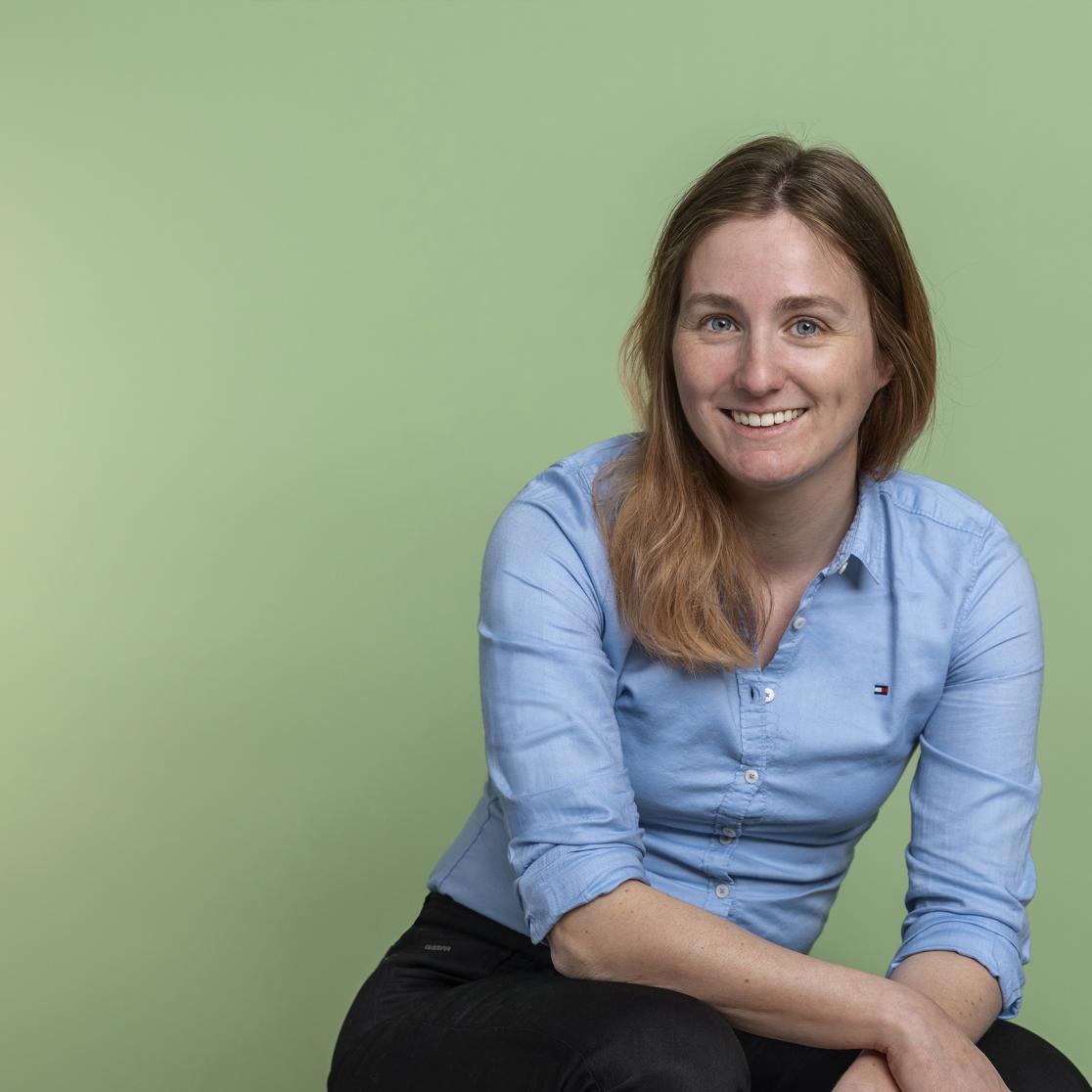
Rianne Fijten is assistant professor at the Maastro clinic working in oncology and the founder of the Open Science Community Maastricht
The National Open Science Festival
The local festival was a taster for the national event: This year, Maastricht University has been chosen to organise the National Open Science Festival with financial support from Regieorgaan Open Science Nederland and in cooperation with the national Open Science organisations DANS and LCRDM. It will take place on 22 October and will be preceded by the Open Science Barcamp on 21 October, organised by OSC-NL, the national Open Science communities network. The festival has been a household name in the Open Science movement for years and 400 participants are expected from the Netherlands and abroad to discuss the latest developments and challenges in Open Science.
As OSCM representatives on the organising team and programme committee, Hebels and Fijten are busy preparing for the Barcamp and festival. They say events like this are a perfect opportunity, for both Open Science professionals and researchers who are not yet very familiar with Open Science, to learn from each other, gain inspiration, and set the course for the coming years.
Several UM employees are also organising sessions. One of them is Guangzhi Tang, assistant professor in edge computing at Maastricht University at the Department of Advanced Computing Sciences (DACS).
Read an interview with Guangzhi Tang here.
Institutional and individual
At the same time, Fijten understands that structural change is needed and that bottom-up initiatives can only do so much. “Good things are happening at UM. I’m very enthusiastic about the faculty action plans for Open Science. They will be tailored to the needs and capabilities of each faculty specifically, so as to be accommodating without stifling those willing and able to progress faster.”
Drawn up at the request of the Ministry of Education, Culture and Science, the National Plan Open Science (NPOS) has the support of all Dutch universities. Crucially, there is also funding. The current cabinet's austerity plans will hit education and research hard - including Open Science activities. “I think the Netherlands is one of the main drivers and the Open Science policies we have are quite ambitious.” Fijten sees a generational shift among those who came through a relentlessly competitive system and witnessed the reproducibility crisis. “I think it’s also about the flexibility of youth – I’m sure when I’m sixty I’ll also be sceptical about any push to change the way things have always been, haha.”
Open Science is a matter of doing it. “Any researcher can do something to make science a bit more open – all those little things together make a big difference and change the culture.” While the OSCM is happy to talk anyone through the advantages and possibilities, it remains a question of being motivated and – entertainingly – open to the idea. Hebels concludes. “We want to create awareness and provide advice – but ultimately it’s up to the individual.”
Text: Florian Raith
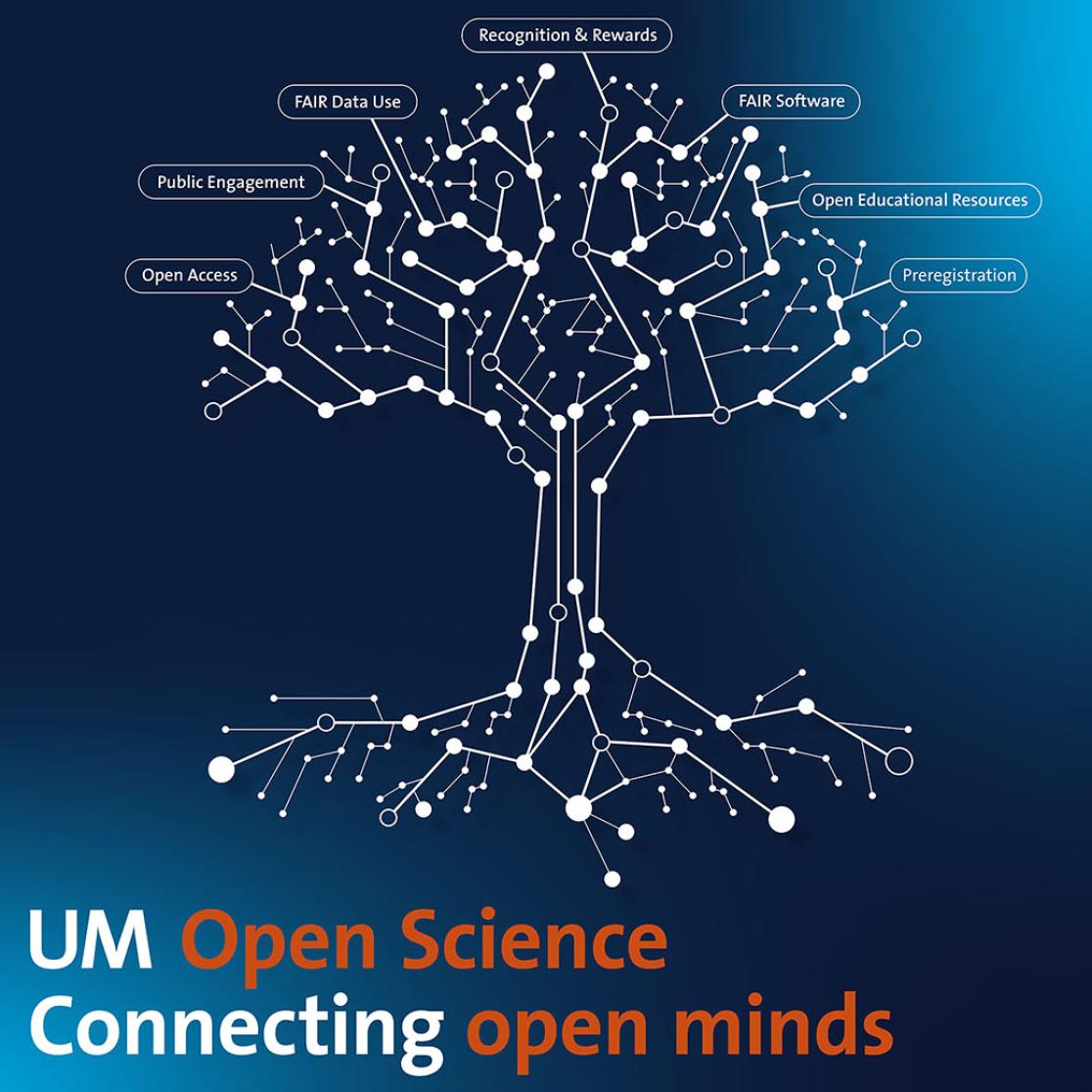
Learn more about UM Open Science
Also read
-
SBE researchers involved in NWO research on the role of the pension sector in the sustainability transition
SBE professors Lisa Brüggen and Rob Bauer are part of a national, NWO-funded initiative exploring how Dutch pension funds can accelerate the transition to a sustainable society. The €750,000 project aims to align pension investments with participants’ sustainability preferences and practical legal...

-
Fresh air
Newly appointed professor Judith Sluimer (CARIM) talks about oxygen in heart functioning and the 'fresh air' the academic world needs.
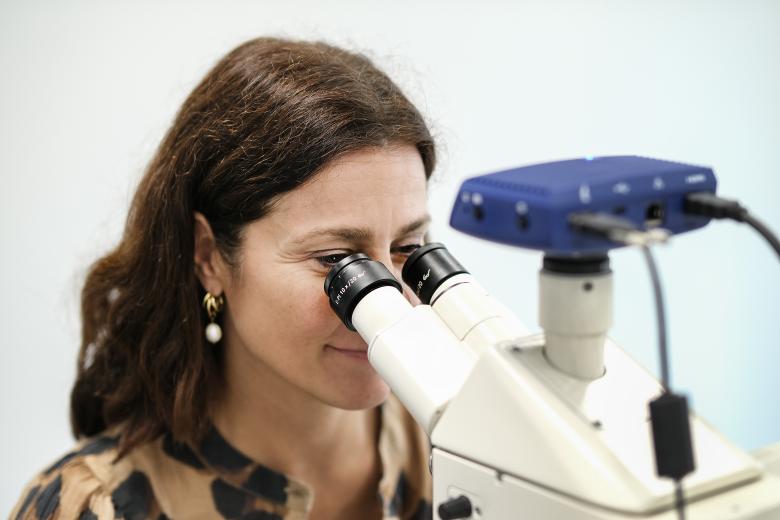
-
Özge Gökdemir and Devrim Dumludağ reveal differences in competitive behaviour between women in the Netherlands
Economists and spouses Dr Özge Gökdemir and Professor Devrim Dumludağ conducted a study for Maastricht University that reveals differences in competitive behaviour between women in the Netherlands. Their findings will be published soon in a scholarly journal. Here, they give us a sneak peek.
